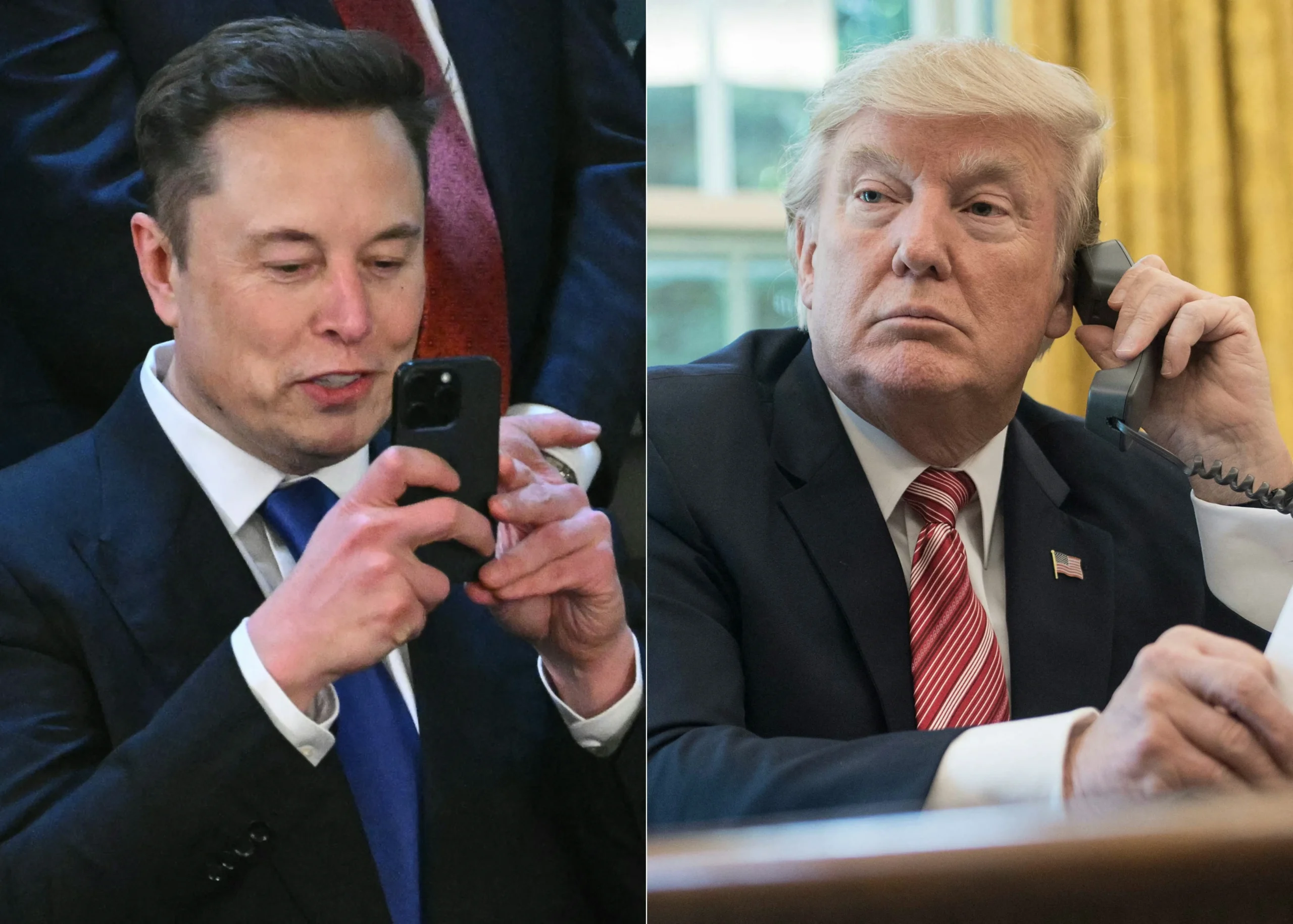
Tech billionaire Elon Musk has intensified his opposition to President Donald Trump’s tax cuts and spending legislation while calling for the creation of a new political party.
Musk’s criticism targets Trump’s 940-page “Big, Beautiful Bill,” which includes tax breaks alongside significant reductions to healthcare and food programs. The legislation has drawn opposition from Democrats and some Republicans.
In early June, Musk, who served as a major Trump campaign donor and former key adviser, labeled the bill a “disgusting abomination,” triggering a public dispute with the president. The two appeared to reconcile temporarily, with Trump expressing goodwill toward Musk and the billionaire posting on X that he regretted going “too far.”
However, as senators prepared to vote on bill amendments Monday, Musk renewed his attacks. He declared that lawmakers who campaigned on spending cuts but supported the bill “should hang their heads in shame” and threatened electoral consequences, stating “they will lose their primary next year if it is the last thing I do on this Earth.”
The Tesla and SpaceX CEO proposed establishing a new political party, arguing the bill’s substantial spending demonstrated “that we live in a one-party country – the PORKY PIG PARTY.” He wrote, “Time for a new political party that actually cares about the people.”
Trump responded Tuesday by suggesting the Department of Government Efficiency (DOGE), previously led by Musk, should examine subsidies received by Musk’s companies to achieve federal savings. “Elon may get more subsidy than any human being in history, by far, and without subsidies, Elon would probably have to close up shop and head back home to South Africa,” Trump posted on Truth Social, adding that eliminating support would save the country “a FORTUNE.”
Musk replied on X, writing “I am literally saying CUT IT ALL. Now.”
The extent of Musk’s congressional influence and potential impact on the bill’s passage remains uncertain. Republicans worry that the ongoing Trump-Musk conflict could damage their prospects in the 2026 midterm elections.
Bill Schneider, a George Mason University public policy professor, suggested Musk would face challenges building a viable political coalition from bill opponents. “Elon Musk is a billionaire. There are not enough billionaires to form a party in the US, even if they are unhappy with President Trump,” Schneider explained.
He noted Trump’s unpopularity, particularly among women, while highlighting the difficulty of uniting different opposition groups. “Republicans, almost all of whom are likely to support this particular bill, are very worried about how much debt it’s creating because of the huge tax cuts. Democrats are worried about the dangers to the safety net. It’s kind of hard to put those two worries, those two constituencies, together into one political party.”












Be the first to leave a comment